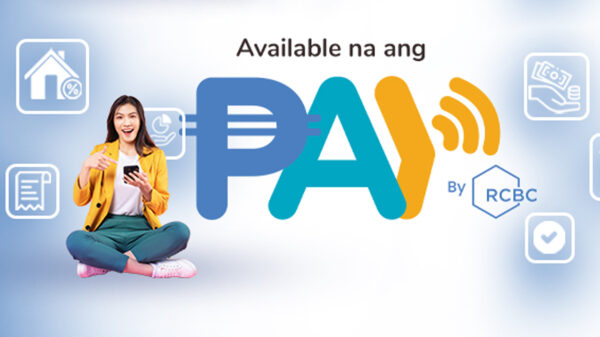Communities are feeling the impact of temporary closures of businesses, schools and public facilities. During uncertain times, many feel anxious about how they will cope with unanticipated changes or hardships.
Below are the top tips from US-based OnPoint Community Credit Union for protecting finances amid COVID-19:
Your first actions
- Prioritize expenses and review your budget. If you’re concerned about a loss of income or unplanned expenses and don’t have emergency savings, you may need to prioritize which expenses you cover first and update your budget accordingly.
- Deal with creditors proactively. If you face challenges in paying your monthly obligations, you have a better chance of working out an agreeable payment plan with creditors when you contact them early.
- Know your options. Look into options that may be available for any loans you have.
- Secure access to digital banking. If you aren’t able to physically visit your financial institution’s branch or call wait times are longer than expected, be prepared by downloading the most recent version with their app and test your login.
Protect yourself from scams
Scammers can be more active during uncertain times. To protect yourself and your family:
- Be aware. Stay up to date on current scams and how to take action if you think you’ve been a victim. There are already national reports of email phishing scams targeting remote workers, offering economic stimulus checks and selling health insurance.
- Be vigilant. Scrutinize emails, texts, calls and social media posts that offer financial relief or promote the sale of cure-all products or limited-time special offers. Scam tactics can include masquerading as a delivery company such as UPS, claiming to offer advice from the World Health Organization (WHO) and fake lending emails related to the interest rate drop. These messages often contain links to malicious sites that closely mirror the legitimate sites. Ensure that you hover over the link to validate the site before clicking.
- Be cautious. Never disclose your online banking credentials or PINs. Scammers often claim to be from your financial institution calling about a fraudulent card charge. They will then ask you to confirm information like card number, PIN, online banking credentials, etc. Also, beware of those striking up long distance relationships online. Sweetheart scammers often fake an emergency that necessitates money. Victims then willingly act on the fraudster’s instructions to “help” through mobile deposit, external transfers and wires.
Know your resources for job loss
With mandatory and recommended closures of businesses and large numbers of people staying home, the crisis is bound to impact the income of workers and business owners. During this time, it’s important to understand what options are available from financial institutions, utility companies, and governments that may be offering new programs, special considerations, or grace periods.
Address investment concerns
Your investment strategy should match where you are in your retirement planning and for some, that may mean your portfolio will move to lower risk options as you near or enter retirement.This can help protect you from market fluctuations.
Engage the family
Children may sense your stress but not understand how your financial situation has been affected, causing them to feel uneasy. When appropriate, explain the need to cut back temporarily and discuss the news calmly and simply. Making time to discuss what changes you are anticipating and how everyone can contribute toward the family, including:
- For older family members, sharing the responsibility for paying the bills or deciding which expenses to reduce.
- Designating financial chores, such as having small children count out the penny jar and having older children sit alongside you to read through the utility bills.
- Taking 20 minutes to ask each family member how they could contribute to the family next week via finances or chores.
- Writing down everyone’s commitments and pop it up on the fridge or door; getting everyone involved may reduce stress and create a feeling of unity.



















































































































